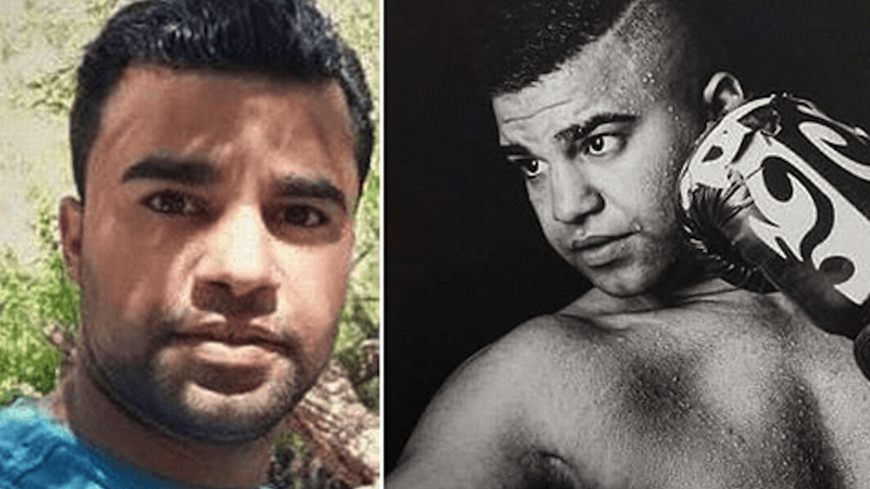A group of rights experts and nongovernmental organizations called on the United Nations to intervene and stop the execution of Iranian boxing champion Mohammad Javad Vafaei-Sani, Agency France Presse (AFP) reported on Thursday.
In a letter sent overnight, which was seen by Agence France-Presse, a total of 85 international rights advocates and groups, including a former head of the International Criminal Court, 19 current and former UN officials, former government ministers and seven Nobel laureates, urged UN High Commissioner for Human Rights Volker Turk to “make an urgent public call for the Iranian authorities to halt” Vafaei-Sani’s imminent execution.
“We request your urgent public intervention to save the life of Iranian political prisoner [Vafaei-Sani],” the letter read.
According to the letter, Vafaei-Sani was moved on Wednesday to a secluded section of Vakilabad Prison in the city of Mashhad in northeast Iran after his death sentence was confirmed.
Vafaei-Sani, a 27-year-old boxer from Mashhad, was arrested in February 2020 over his role in the 2019 protests that were initially sparked by a rise in fuel prices before they quickly turned into anti-regime demonstrations. He was accused of arson and destruction of government buildings. In January 2022, Iran's Revolutionary Court in Mashhad sentenced the athlete to death on charges of “corruption on earth,” a vague charge that is punishable by death under Iran’s penal code.
In a statement back then, the National Council of Resistance of Iran (NCRI), the political wing of the Mujahedeen-e-Khalq (MEK) opposition group — which are both outlawed in Iran — claimed Vafaei-Sani was subjected to torture in jail for two years before the final verdict. The NCRI added that charges against him included supporting MEK.
Vafaei-Sani is not the first athlete to face the death penalty in Iran. In September 2020, wrestling champion Navid Afkari, 27, was executed by authorities despite appeals to save his life. According to Human Rights Watch, Afkari was tortured into confessing to the murder of a security guard during anti-regime protests in 2018, among other charges.
Human rights organizations have repeatedly called on the Islamic Republic to end executions, accusing Iranian authorities of conducting unfair trials and extracting confessions under torture.
Since a nationwide protest movement against the Iranian regime erupted last September in response to the death in police custody of 22-year-old Mahsa Amini, the country has witnessed a spike in the number of death penalties, which activists say Iranian authorities are using as a tool of repression and intimidation against the public.
According to the Oslo-based group Iran Human Rights (IHR), a total of 404 people have been executed in Iran this year. Last year, 582 confirmed executions were reported, according to an April report by IRH and Paris-based Together Against the Death Penalty.
Iran is the world’s second-most prolific executioner after China, according to Amnesty International.







